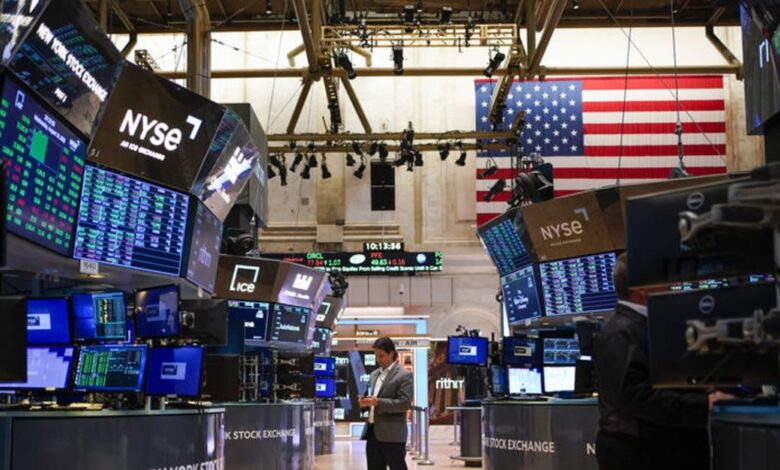Citi raises recommendation for US stocks

Citigroup Inc. On the expected rise of artificial intelligence, the expected recent Fed rate hikes, and resilient American economic growth compared to China and Europe, strategists have upped its recommendation for US stocks to “neutral” and its recommendation for tech stocks to “weight up”.
Strategists on Citi’s global asset allocation team, including Dirk Willer, stressed in a memo that US stocks are supported by the massive exposure of tech companies’ massive capital to AI. This is expected to help US stocks outperform other Exchanges once the Fed completes its tightening cycle.
The recovery in US stocks this year was led by a group of technology giants, thanks to investors’ high return potential and their turn to companies open to artificial intelligence. While the Nasdaq 100 Index signed one of the best performances in the world with a premium of 27 percent, it made the best start of the year since 1998.
In Europe, the Stoxx 600 and S&P 500 were also up about 8 percent. US chip giant Nvidia Corp. It rose to a record high on Thursday, approaching a $1 trillion market cap, as demand for AI processors exploded.
‘drop weight’ for European stocks down to ‘neutral’ for Chinese companies
On the other hand, the team of strategists downgraded their recommendation for European stocks to “lower weight” and Chinese companies’ stocks to neutral, as weak Chinese growth will hurt the European business cycle. On the other hand, the bank increased its weight in British stocks due to their defensive characteristics and cheap valuations.
Citi strategists downgraded their recommendation for US stocks in early December and turned it neutral for European stocks. The bank said in a note on Friday that it gave a weight reduction recommendation for US stocks because of recession concerns and that stocks have traditionally bottomed out during a recession. However, Citi economists have now stated that they think a possible recession in the US could start in the fourth quarter and that there is a risk of further delay.
“We must acknowledge that the long-awaited recession is still far away and the expected credit tightening due to the banking crisis in March has still not materialized significantly,” the bank strategists wrote in the briefing.





